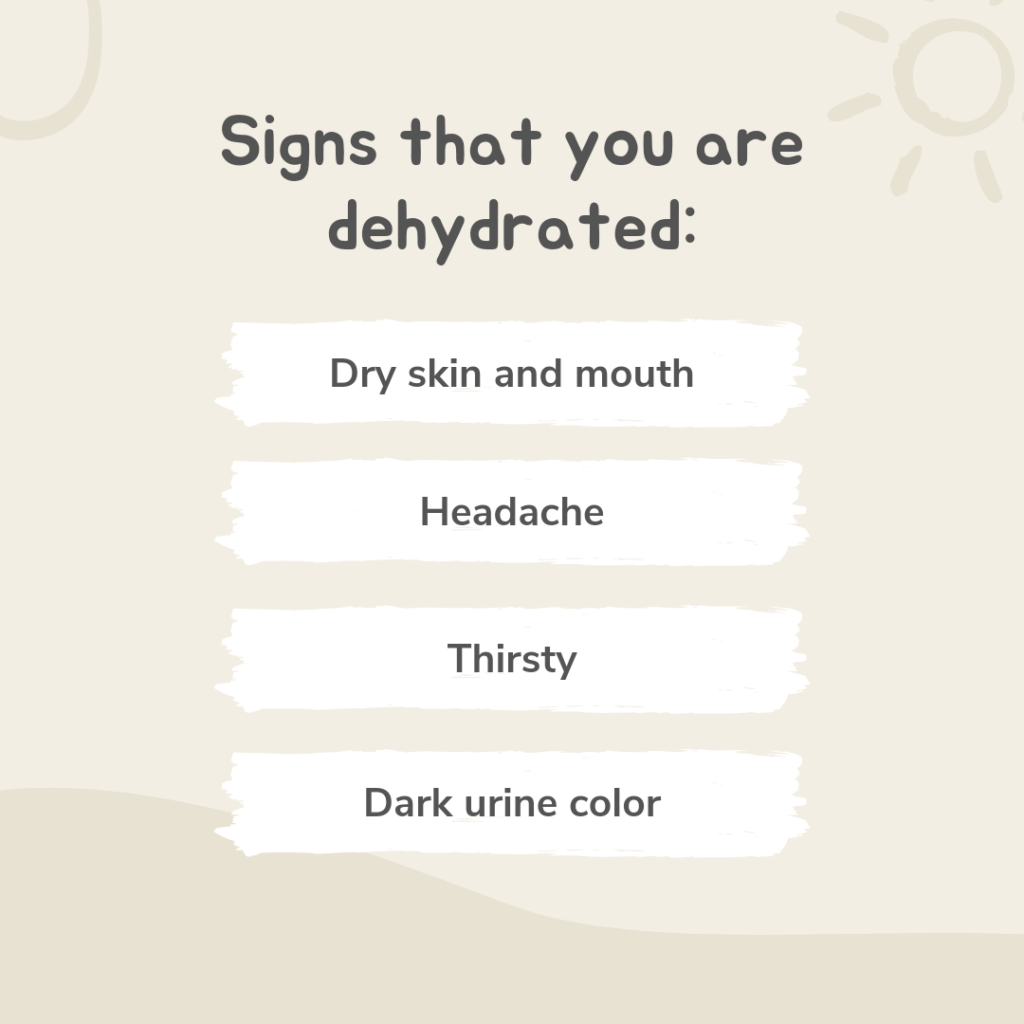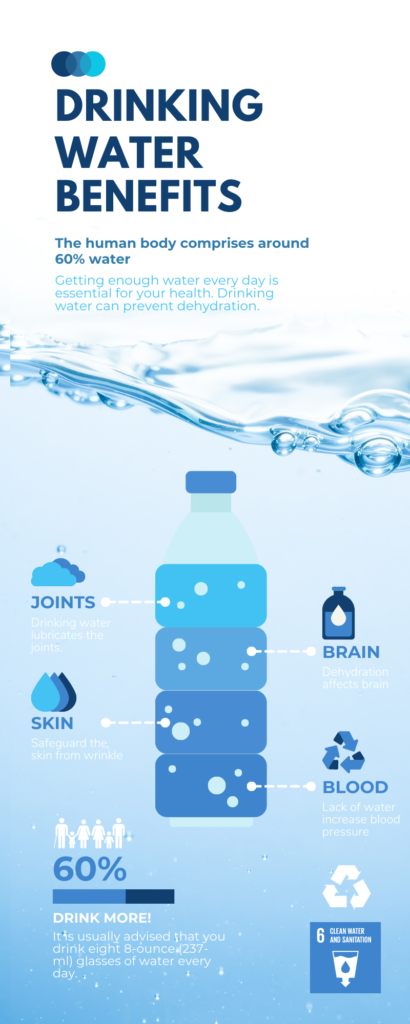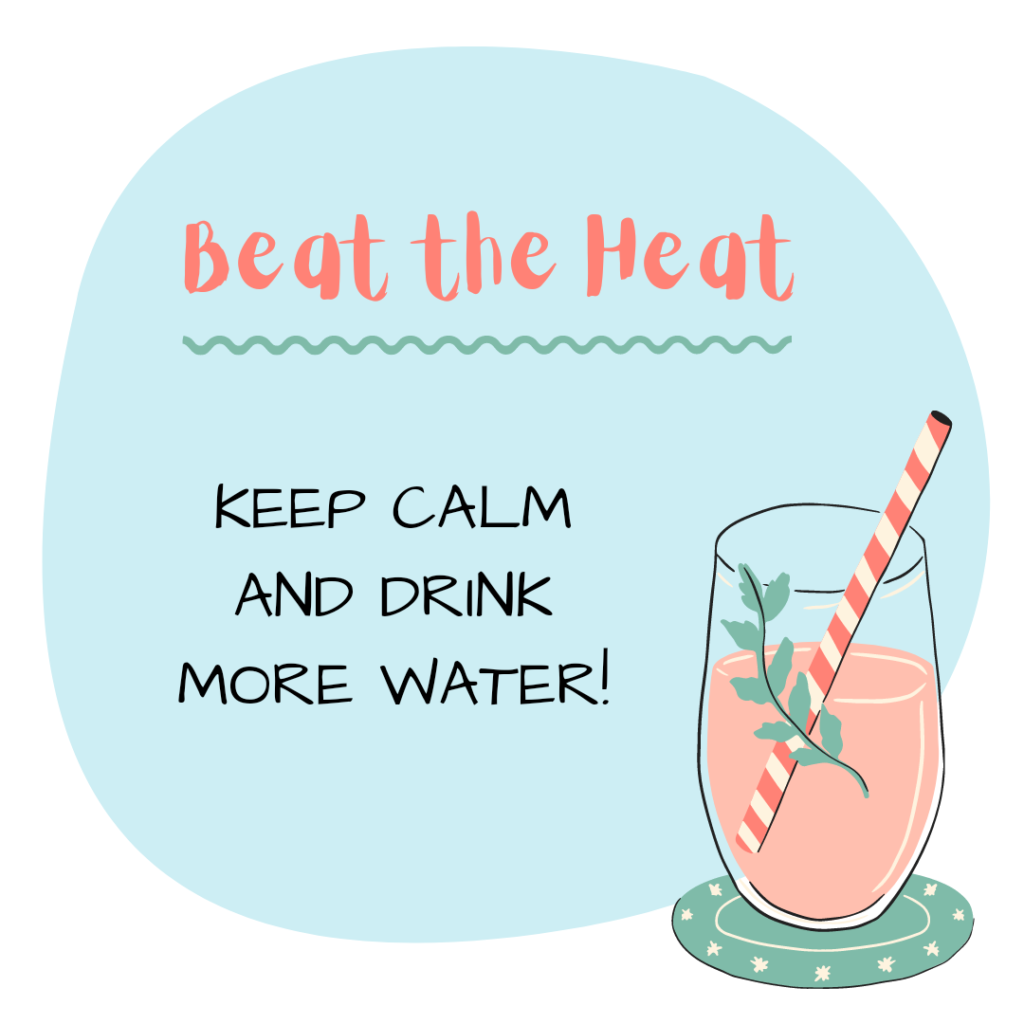Dehydration and Heat stroke
Summer is here, and with it comes hot temperatures and sunny days. While this is a great time for outdoor activities and fun in the sun, it’s important to take precautions to protect yourself from the heat. Dehydration and heat stroke are two common conditions that can occur when you’re exposed to high temperatures for an extended period of time. In this article, we’ll discuss the symptoms of dehydration and heat stroke and provide some home remedies for treating these conditions.
Symptoms of Dehydration
Dehydration occurs when your body loses more fluids than it takes in. This can happen when you’re sweating excessively or not drinking enough water. Symptoms of dehydration include:
- Thirst
- Dry mouth and throat
- Dark yellow urine
- Fatigue
- Dizziness
- Headache
- Muscle cramps
- Rapid heartbeat
- Sunken eyes
If left untreated, dehydration can lead to more severe symptoms such as low blood pressure, rapid breathing, and even unconsciousness. If you experience any of these symptoms, seek medical attention immediately.

Home Remedies for Dehydration
1.If you’re experiencing mild to moderate dehydration, there are some home remedies you can try to help rehydrate your body:
2.Drink plenty of fluids, especially water. You can also drink sports drinks or coconut water to replenish electrolytes.
3.Eat foods that are high in water content, such as watermelon, cucumbers, and celery.
4.Rest in a cool, shaded area to help your body cool down.
5.Take a cool shower or bath to help lower your body temperature.
6.Avoid alcohol and caffeine, as they can dehydrate you further.
https://www.betterhealth.vic.gov.au/health/conditionsandtreatments/menstrual-cycle

Symptoms of Heat Stroke
Heat stroke is a more serious condition that can occur when your body temperature rises to dangerous levels. Symptoms of heat stroke include:
- High body temperature (above 104 degrees Fahrenheit)
- Rapid heartbeat
- Rapid breathing
- Nausea and vomiting
- Headache
- Confusion or disorientation
- Seizures
- Unconsciousness
- Heat stroke is a medical emergency and requires immediate attention.

Home Remedies for Heat Stroke
If you suspect that someone is experiencing heat stroke, it’s important to seek medical attention right away. While you’re waiting for medical help, there are some things you can do to help the person cool down:
1.Move the person to a cool, shaded area.
2.Remove any tight or heavy clothing.
3.Fan the person or spray them with cool water.
4.Apply ice packs to their armpits, groin, neck, and back.
5.Offer them cool water to drink, if they are conscious.

Preventing Dehydration and Heat Stroke
The best way to prevent dehydration and heat stroke is to take precautions when you’re outside in the heat. Here are some tips for staying safe in the sun:
- Drink plenty of fluids, especially water. Aim for at least eight glasses a day.
- Wear lightweight, light-colored clothing that covers your skin.
- Use sunscreen with at least SPF 30 and reapply every two hours.
- Take frequent breaks in a cool, shaded area.
- Avoid strenuous activity during the hottest parts of the day.
In conclusion, dehydration and heat stroke are two serious conditions that can occur during hot weather. It’s important to recognize the symptoms of these conditions and seek medical attention if necessary. If you’re experiencing mild to moderate dehydration or heat exhaustion, there are some home remedies you can try to help you feel better. However, the best way to stay safe in the sun is to take precautions and avoid prolonged
https://www.cdc.gov/niosh/topics/heatstress/heatrelillness.html

